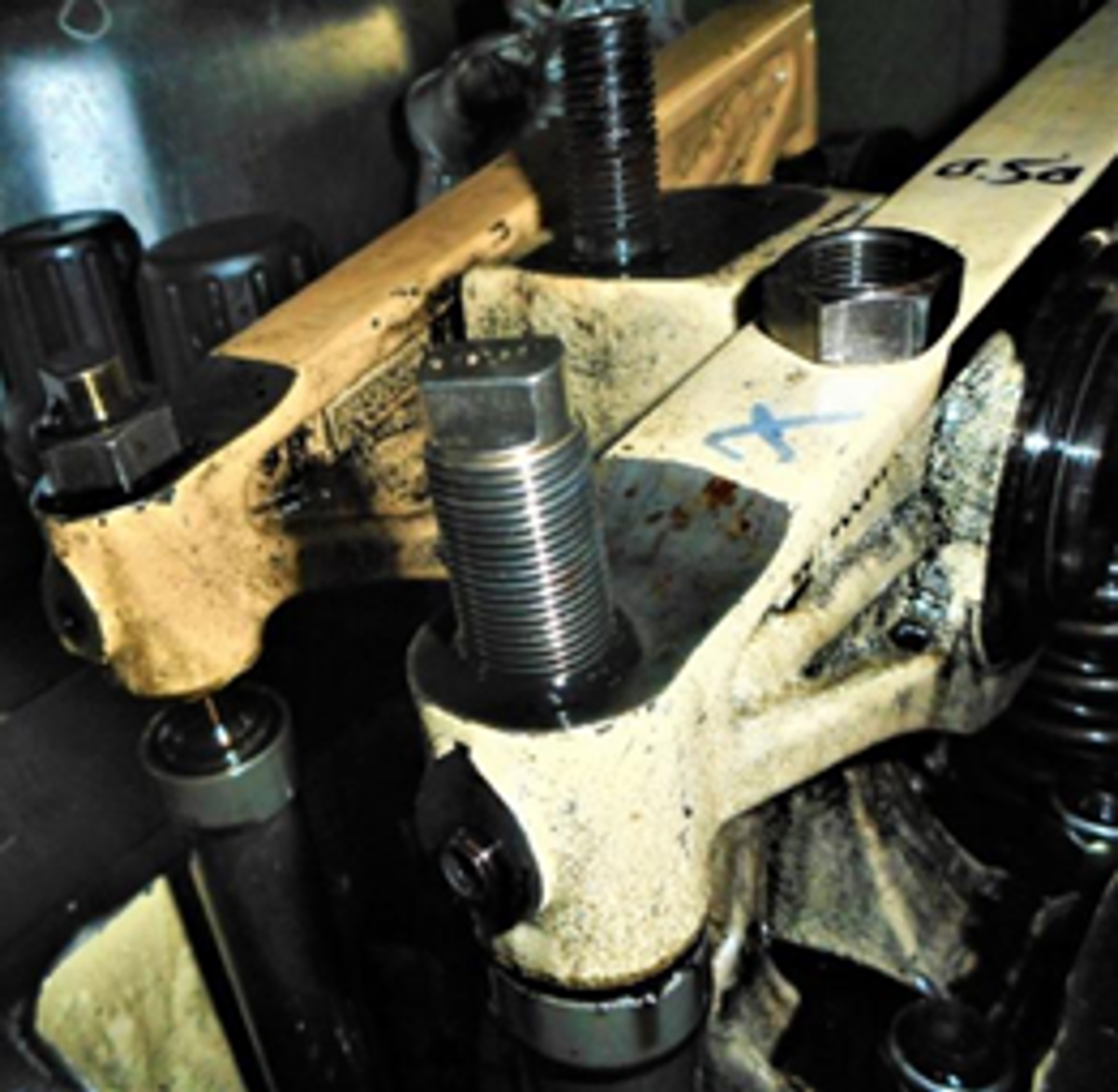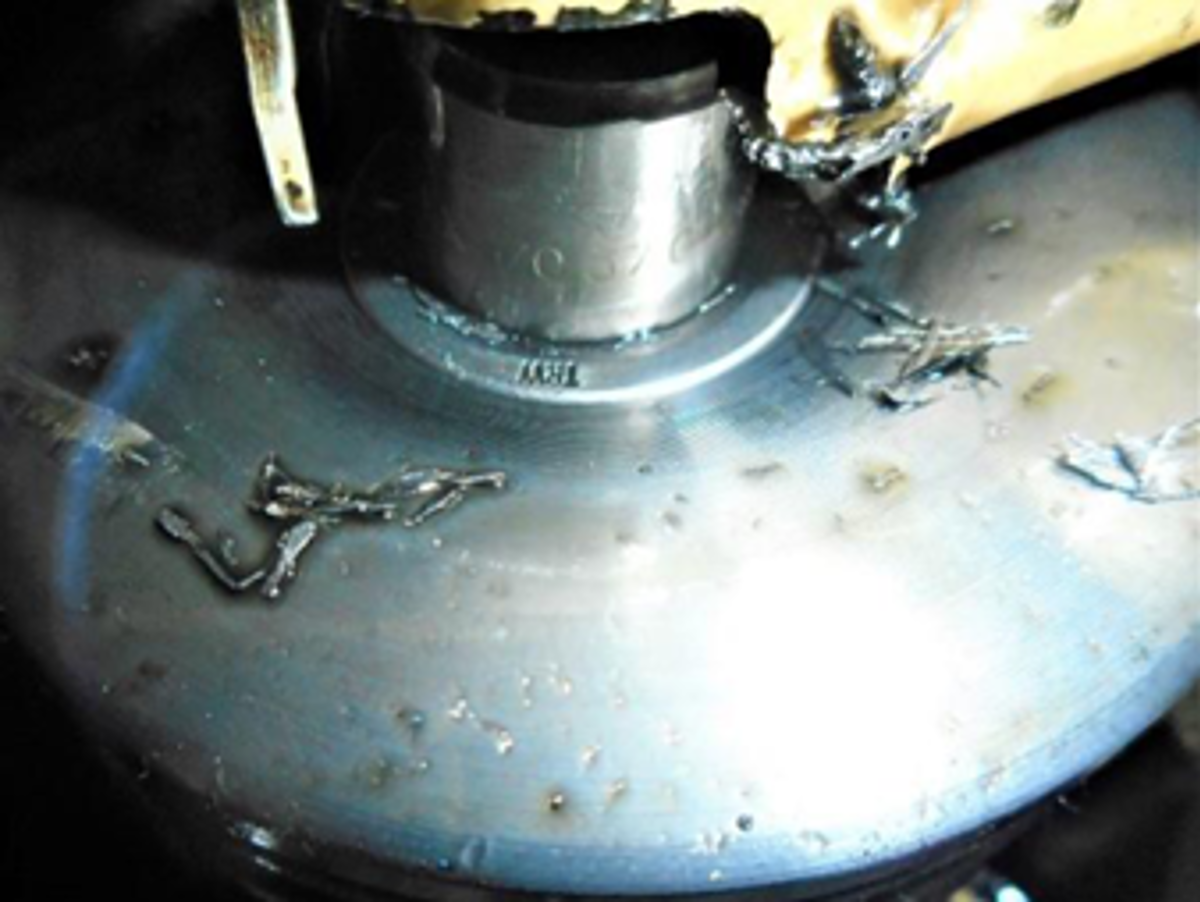MSF: Engine damage after routine maintenance
- Safety Flash
- Published on 9 June 2021
- Generated on 23 February 2026
- IMCA SF 16/21
- 2 minute read
Jump to:
The Marine Safety Forum (MSF) has published Safety Alert 21-09 relating to engine damage following routine maintenance.
What happened?
On an offshore platform supply vessel it became necessary to stop one of the engines due to a high temperature alarm.
The vessel was alongside a platform in DP mode at the time.
Cargo operations were stopped, and the vessel moved to a safe location before the engine was stopped.
What was the cause?
Upon inspection, damage was found in a valve gear assembly of a cylinder.
Investigation showed that 86 running hours before the incident, valve adjustments had been carried out.
When removing the cylinder cover, small metal particles and partial destruction of the exhaust valve tappet tip was found.
The evidence available indicated that the locking nut of the adjusting screw from the exhaust rocker arm (that regulates the clearance of the exhaust valve) had become loose.
The most likely cause of this is that when reassembling, the locking nut had not been tightened as per the manufacturer’s requirements.
Actions / lessons learned
- Ensure that maintenance is conducted according to the manufacturer’s requirements.
- After maintenance always carefully (double) check that all parts are properly (re-)assembled.
- Always check torque using a torque wrench as per manufacturer's manual.
Related Safety Flashes
-
IMCA SF 14/18
9 July 2018
-
IMCA Safety Flashes summarise key safety matters and incidents, allowing lessons to be more easily learnt for the benefit of the entire offshore industry.
The effectiveness of the IMCA Safety Flash system depends on the industry sharing information and so avoiding repeat incidents. Incidents are classified according to IOGP's Life Saving Rules.
All information is anonymised or sanitised, as appropriate, and warnings for graphic content included where possible.
IMCA makes every effort to ensure both the accuracy and reliability of the information shared, but is not be liable for any guidance and/or recommendation and/or statement herein contained.
The information contained in this document does not fulfil or replace any individual's or Member's legal, regulatory or other duties or obligations in respect of their operations. Individuals and Members remain solely responsible for the safe, lawful and proper conduct of their operations.
Share your safety incidents with IMCA online. Sign-up to receive Safety Flashes straight to your email.

